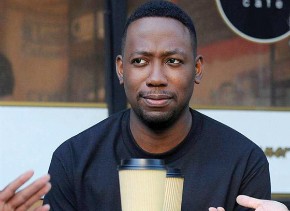Policing and race

It isn’t easy for network television to be prophetic. The medium demands that advertisements for deodorant, cars, cleaning products, and beer punctuate the narrative at regular intervals. But at a moment when the national conversation about race and police violence is intensifying, two network television shows have stepped into the discussion. Although these shows are not ordinarily “about” race and even avoid it at times, they’ve each raised in their own way the question about the relationship between policing and race.
In the ABC political drama Scandal, Kerry Washington plays Olivia Pope, a high-powered “fixer” who works to save the reputations of wealthy or powerful clients when sexual or moral scandals get in their way. Although Olivia’s clients tend to be unsavory, the series presents Olivia and her colleagues as moral heroes. They’re self-consciously the good guys even though they torture, lie, destroy evidence, and make threats. They justify their bad-guy actions as necessary to their work as “gladiators in suits” fighting for what’s right.
In a recent episode Olivia and her team are called in to consult with the police after a white officer shoots and kills a black teenager. In one scene, the dead boy’s grandfather stands over his grandson’s body with a shotgun, threatening the police and demanding answers. Olivia convinces the police not to shoot the grieving man, since shooting him would do additional damage to the reputation of the police.




